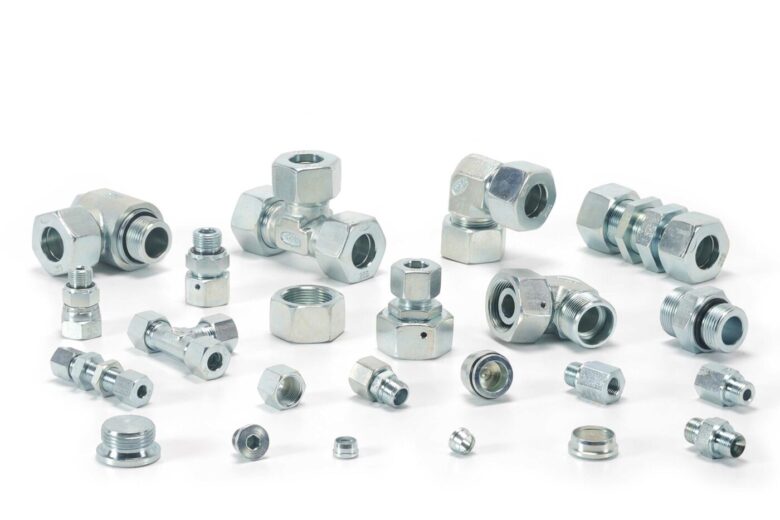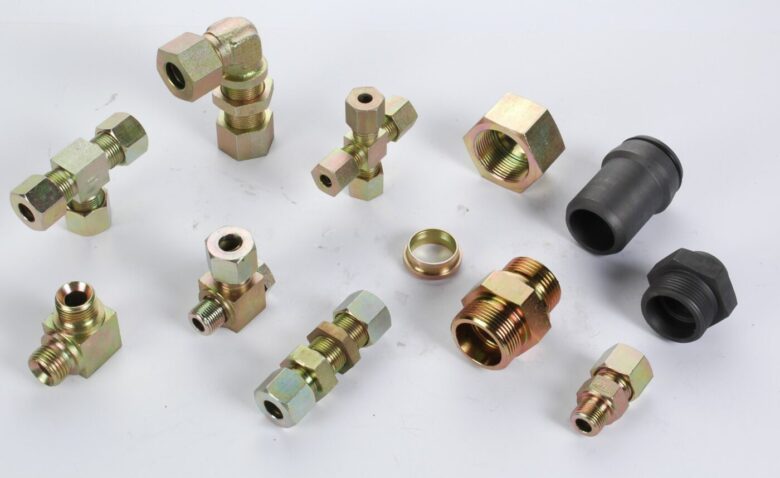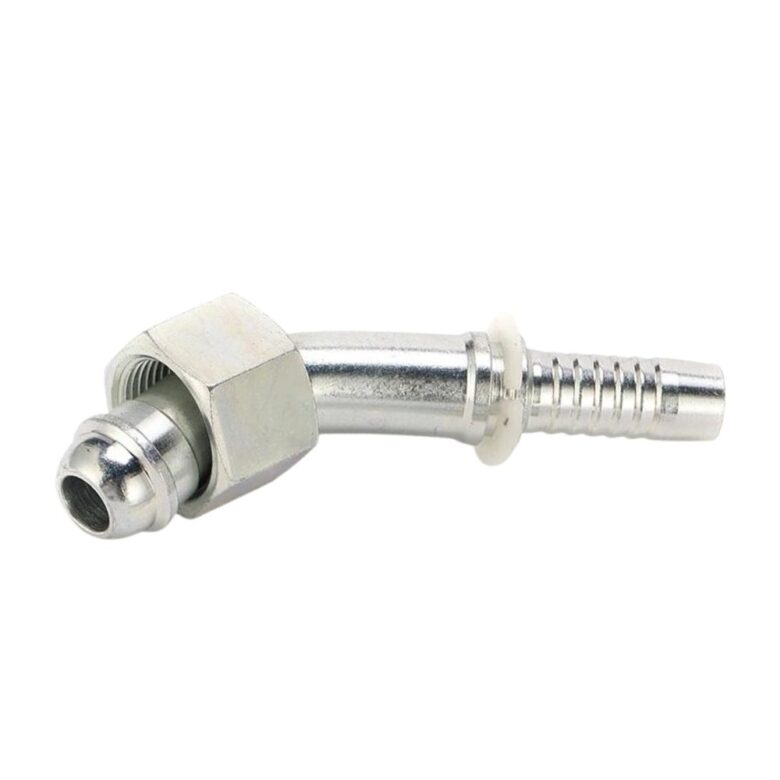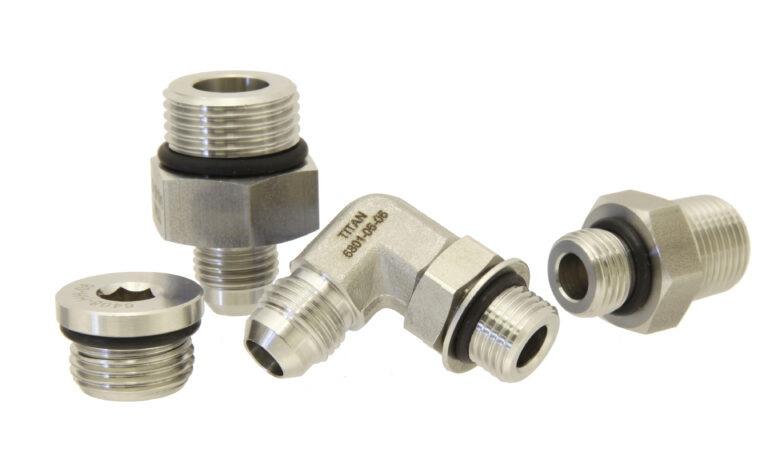In the world of fluid power systems, efficiency and reliability are paramount. JIC (Joint Industry Council) fittings, a type of hydraulic connector, play a crucial role in ensuring these systems operate at their best. This article delves into the top advantages of JIC fittings, highlighting why they are preferred in many industrial applications.
1. Enhanced Reliability
A. Leak-Proof Connection

JIC fittings are renowned for their ability to create a tight, leak-proof connection. This is critical in fluid power systems, where even a small leak can lead to significant performance issues or safety hazards. The design, which often includes a 37-degree flare, ensures that the connection is both secure and able to withstand high pressure.
In addition, the metal-to-metal sealing mechanism contributes to their reliability. Unlike other fittings that might use rubber or other materials prone to wear and tear, the metal seal is less likely to degrade over time. This durability means fewer leaks and less maintenance, saving both time and resources.
B. Versatility in Applications
Because of its exceptional adaptability, JIC fittings may be used in a variety of settings. They are frequently employed in sectors with a high concentration of hydraulic systems, such as construction, mining, and agriculture. This adaptability is partially attributable to the variety of sizes and forms that are offered, enabling customization following particular system needs.
Moreover, JIC fittings are compatible with a variety of tubing materials, including metal and thermoplastic. This compatibility ensures that they can be integrated into almost any fluid power system, regardless of the tubing used. It also simplifies the process of upgrading or repairing existing systems, as JIC fittings can often be used to replace or enhance older connections.
2. Cost-Effective Solutions

A. Long-Term Durability
One of the most compelling advantages is their long-term durability. Made from high-quality materials like stainless steel or carbon steel, these fittings are designed to last. Their resistance to corrosion and wear means that they can withstand harsh environments and frequent use without failing.
The longevity translates into cost savings. While the initial investment might be higher compared to other types of fittings, their extended lifespan means fewer replacements are needed. This long-term durability also reduces the likelihood of system downtime due to fitting failures, further saving costs associated with maintenance and lost productivity.
B. Ease of Installation and Maintenance

The design also contributes to their cost-effectiveness by simplifying installation and maintenance. Their standardized design means that tools and techniques for installation are widely known and easily accessible. This ease of installation reduces the time and labor costs associated with setting up or modifying fluid power systems.
In terms of maintenance, the robust design of JIC fittings means that they require less frequent checks and replacements. This not only saves on the cost of parts but also the labor involved in maintenance work.
Conclusion
In conclusion, JIC fittings offer an array of benefits that make them a top choice in fluid power systems. Their ability to provide leak-proof, versatile connections, coupled with their durability and cost-effectiveness, makes them an essential component in many industrial applications. By choosing JIC fittings, system designers and operators can ensure their systems are both reliable and efficient.

